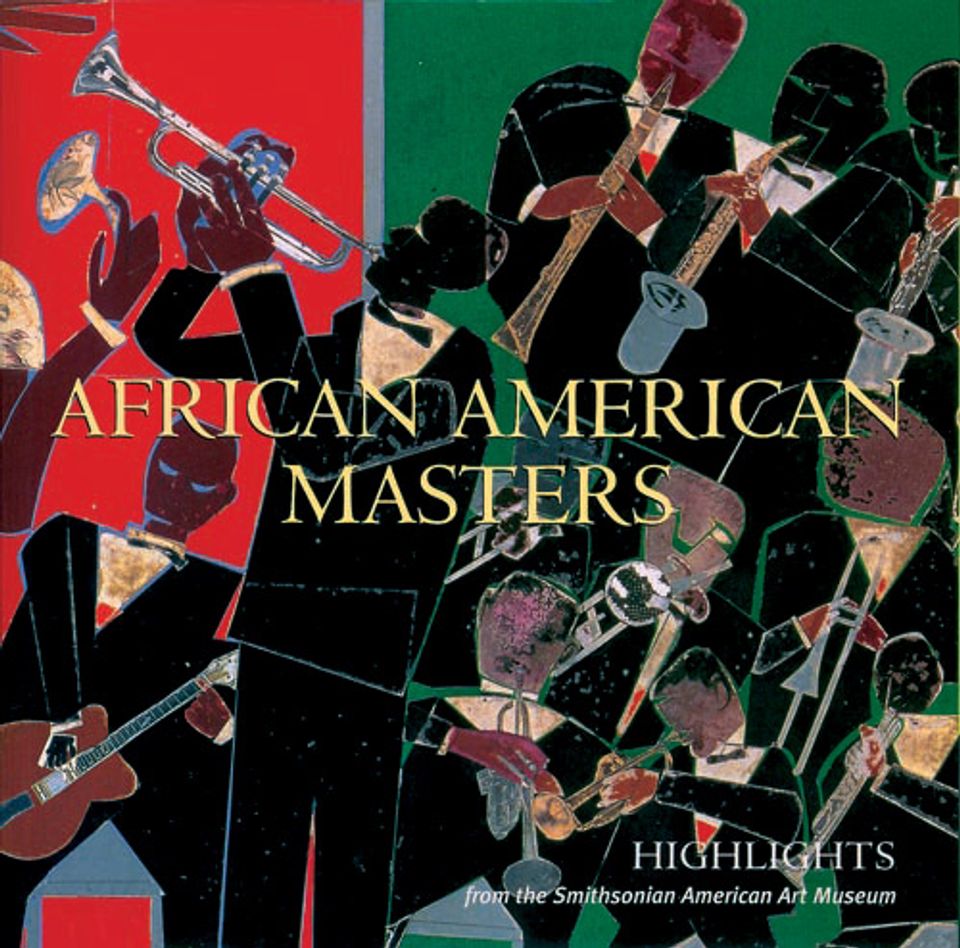Visit Planning
Explore Art and Artists
Something Fun
Exhibitions
Art Conservation
Research Resources
Publications
Fellows and Interns
Featured Resource
Want to learn more about the painting you found while clearing out the attic? For answers, be prepared for a little detective work.
Read moreFor K-12 Teachers
For Lifelong Learners
Learn from Home
Featured Resource
Find lesson plans, hands-on activities, and more for learners of all ages.
Search educational resourcesLatest News
About the Museums
Host an Event
Featured Story
Gold-fringed walls and piñata corncobs transform the Grand Salon of SAAM's Renwick Gallery and highlight the role of maize in North American visual culture.
Read moreRecent searches
Suggested search phrases
Suggestions for















